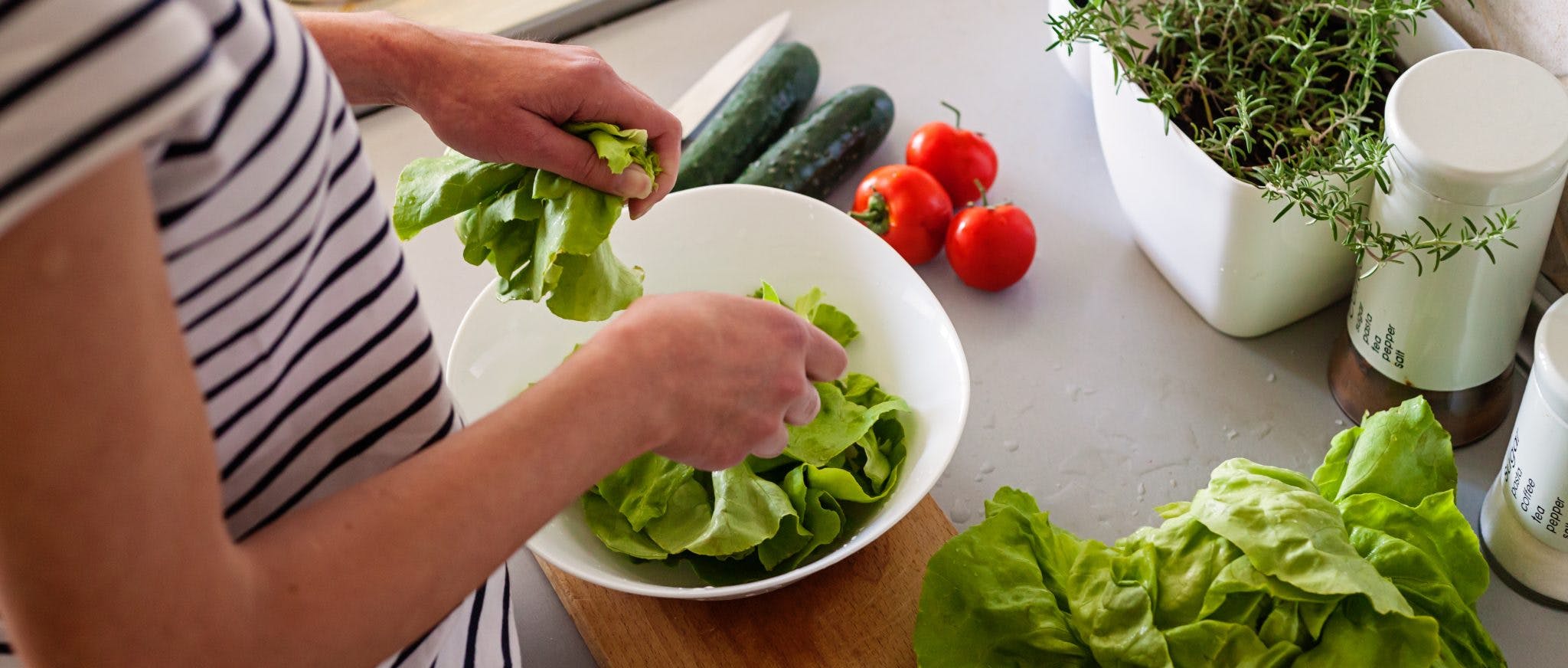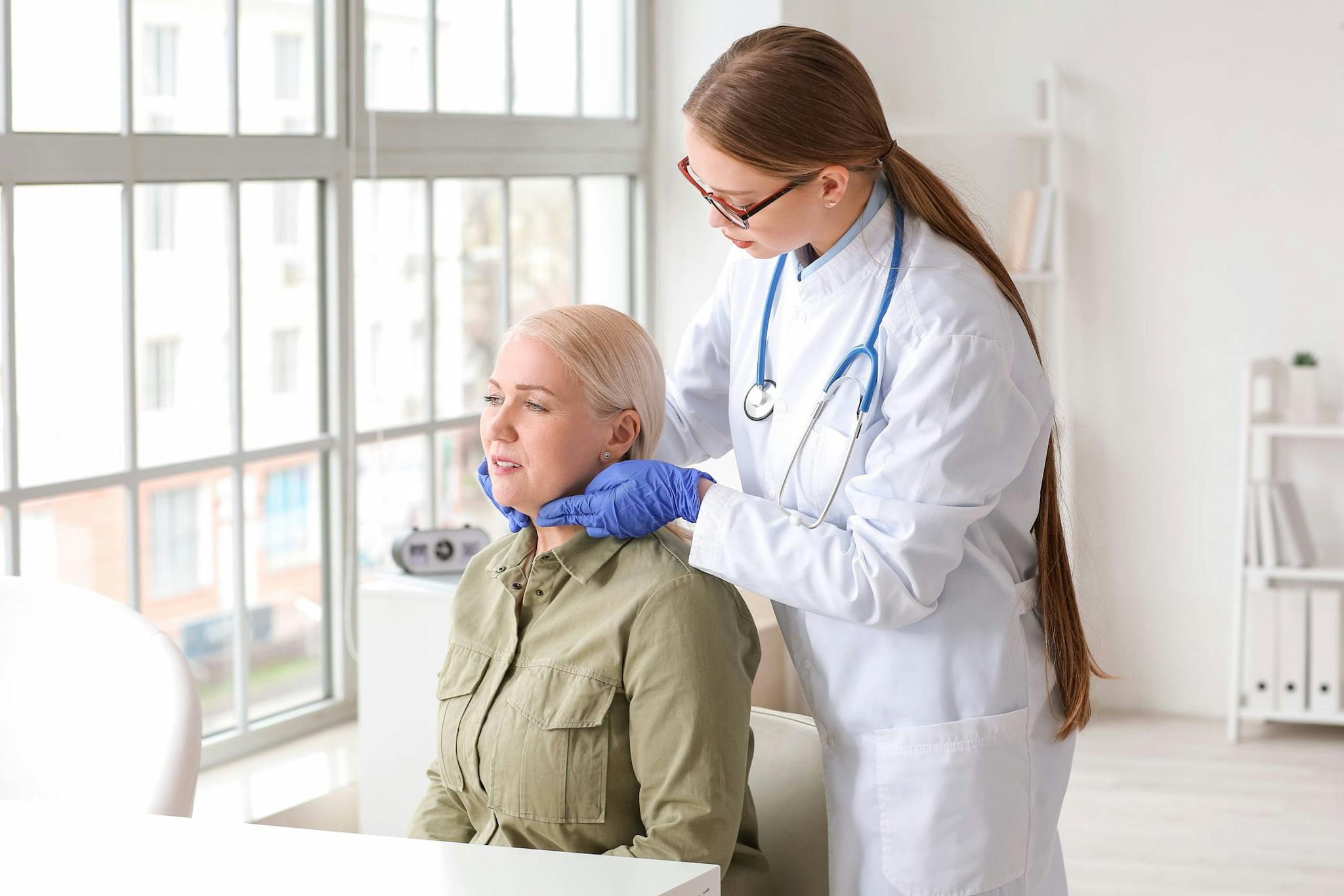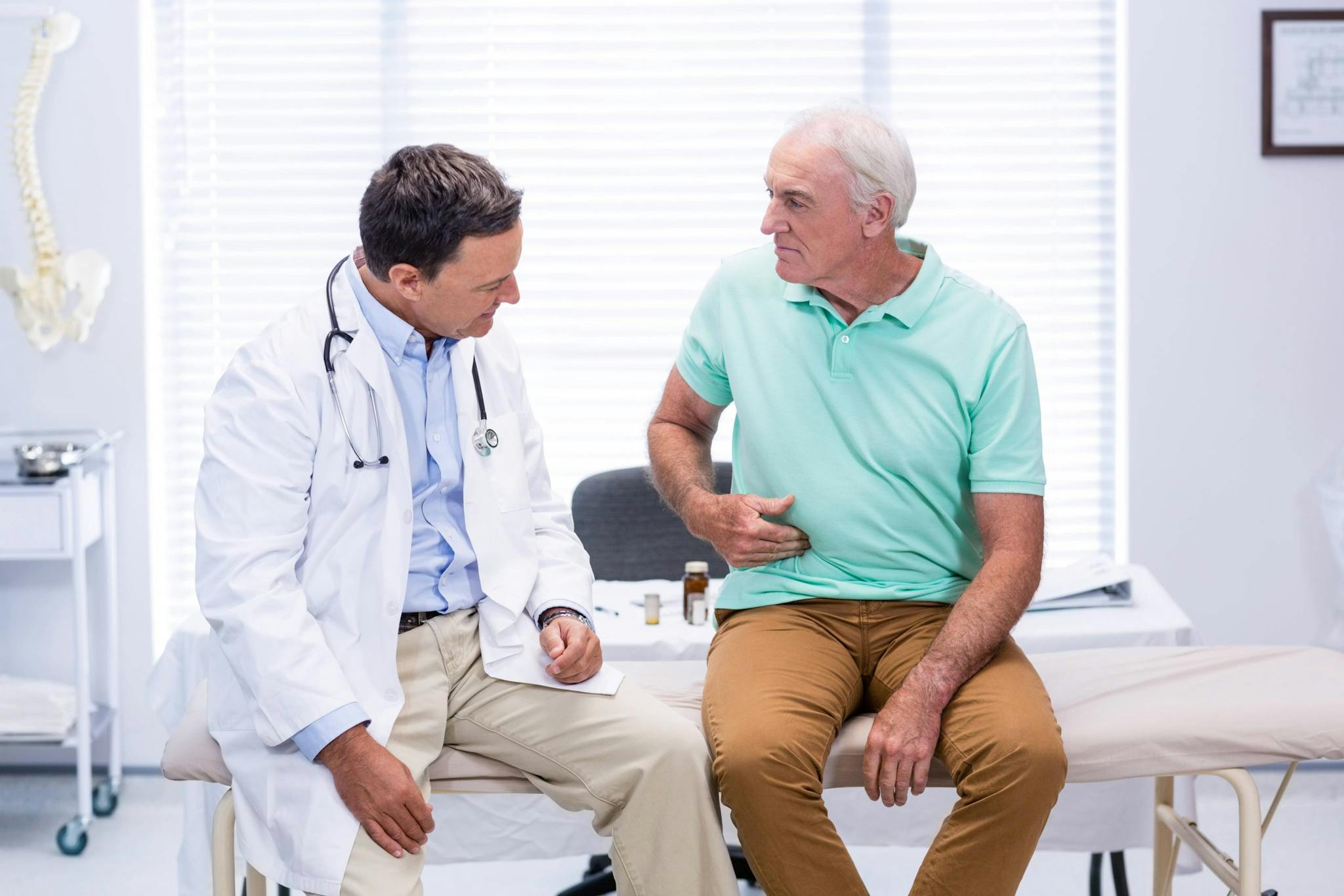
2025-05-07T13:59:05
Defying the Odds: How Revere Health Helped One Utah Woman Afford Live-Saving Cancer Treatment
- Cancer Center
- Medical Oncology
- Patient Testimonials
June 22, 2017 | Cancer Center • Hematology-Oncology • Medical Oncology
Specialties:Hematology-Medical Oncology

Nutrition is a very important part of your routine while undergoing cancer treatment. Good nutrition provides the right calories and nutrients to keep the body strong during a time when it needs strength, and it can help specific treatments be more effective.
Why is nutrition so vital during cancer treatment, and what are some and habits you can develop both before and during treatment?
A few basic things to keep in mind regarding cancer and nutrition include:
Due to the impacts of cancer on the body, anorexia and cachexia—weakness and wasting of the body due to severe chronic illness—are common causes of malnutrition for cancer patients. Weight loss caused by cancer and cancer treatment should be properly treated.
A focus on healthy foods before treatment begins can be very beneficial. Good nutrition will keep the body strong heading into treatment and can lower the risk of infections.
This is a good time to plan for days when preparing food will be difficult—fill the fridge and pantry with healthy options, including items that take very little preparation. Pre-make certain foods if you like, and consider enlisting friends and family to bring you meals for the first few weeks of treatment.
Some nutrition habits to encourage during cancer treatment include:
The side effects of cancer treatments can make it tough to eat enough, but the right tactics can help you get past some of these problems:
If you’re preparing for cancer treatment or wondering about nutritional advice during it, your doctor can offer specific recommendations.
*Note: No two cancer cases are alike. None of the statements herein are designed to suggest a “one size fits all” approach, and each case will be evaluated individually.
WRITTEN BY:
The Live Better Team

2025-05-07T13:59:05

2024-08-13T14:52:39

2023-04-06T14:20:05

2023-03-27T14:47:45
This information is not intended to replace the advice of a medical professional. You should always consult your doctor before making decisions about your health.